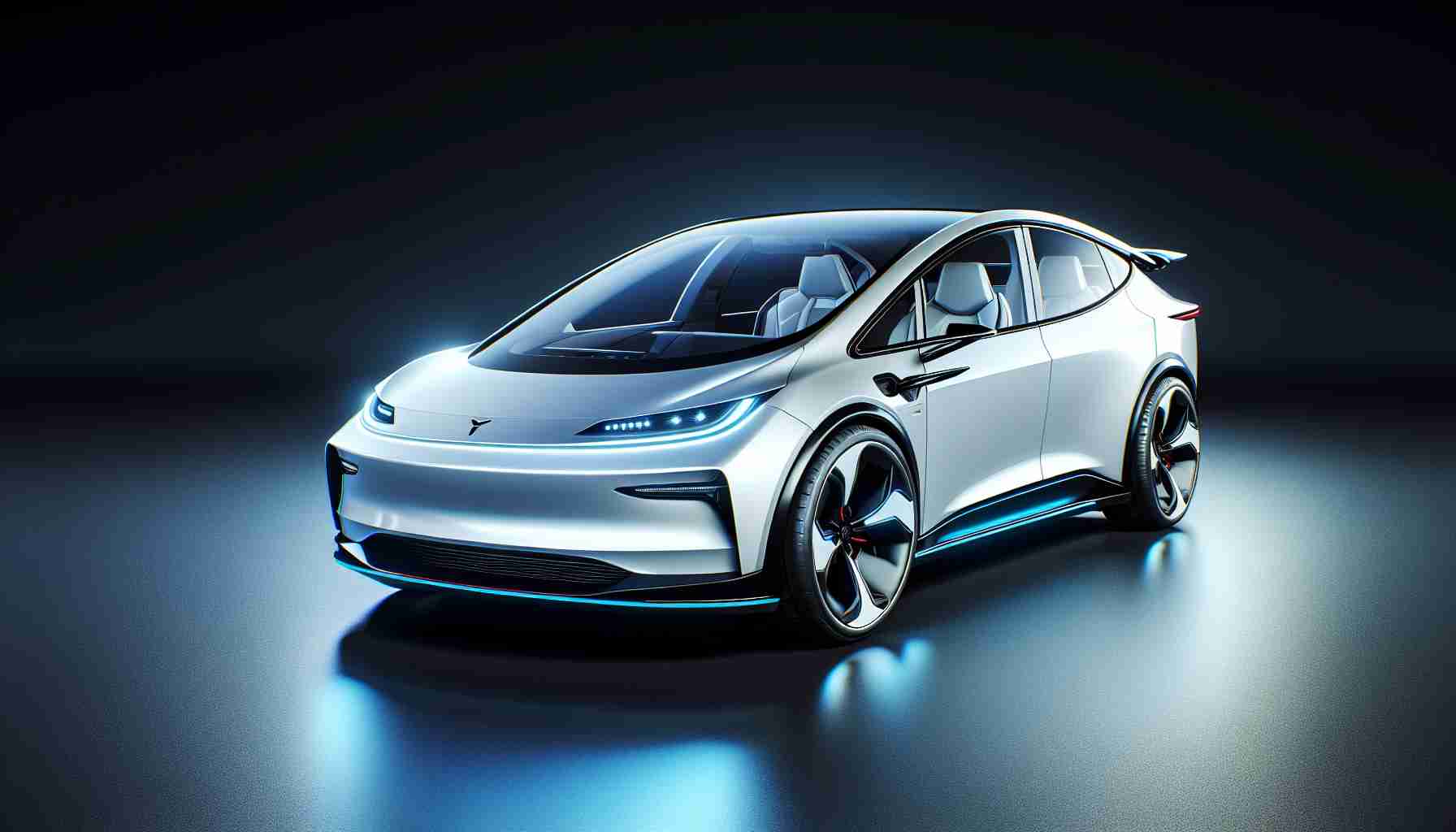Chinese smartphone manufacturer Xiaomi has made its grand entrance into the electric vehicle market with its highly anticipated first-ever electric vehicle, the SU7. Boasting an eye-catching design approved by renowned car designer Chris Bangle, the SU7 is set to disrupt the market with its impressive performance and range.
While the Xiaomi SU7 may not be a household name in the automotive industry, the company’s bold move is already making waves. In an effort to gain market share and position itself as a serious contender, Xiaomi has decided to sell the SU7 at a loss initially. This aggressive pricing strategy has certainly caught the attention of consumers, with the base model starting at just $29,900, undercutting the Tesla Model 3 by a significant $4,000.
Despite the risk of selling their cars at a loss, Xiaomi’s CEO remains optimistic about the future. The company aims to make up for the initial loss through increased production volume and economies of scale. With 50,000 firm orders received within the first 27 minutes of launch and demand doubling in just 3 minutes, it’s clear that there is a strong market appetite for Xiaomi’s entry into the EV segment.
In terms of specifications, the Xiaomi SU7 holds its own against established competitors like the Tesla Model S and Porsche Taycan. The range-topping AWD Max version boasts an impressive 663 horsepower, while even the entry-level RWD model packs a punch with 295 horsepower. This places the SU7 in a favorable position to attract performance-oriented consumers who seek exhilarating on-road experiences.
As the EV market continues to evolve and heat up, Xiaomi’s foray into this competitive space is a welcome addition. With its attractive pricing, stunning design, and promising performance, the SU7 has the potential to become a serious player in the electric vehicle market. Keep an eye out for Xiaomi as they strive to carve out their niche and establish themselves as a force to be reckoned with in the industry.
The electric vehicle (EV) market is experiencing rapid growth and fierce competition. According to market forecasts, the global EV market is projected to reach a valuation of $802.81 billion by 2027, with a compound annual growth rate (CAGR) of 22.6% during the forecast period. This presents a significant opportunity for new players like Xiaomi to enter the market and capture market share.
One of the major issues faced by the EV industry is the lack of charging infrastructure. As the demand for EVs increases, there is a growing need for convenient and accessible charging stations. Governments and private companies are investing heavily in expanding the charging network to address this issue. For example, Tesla’s Supercharger network is one of the most extensive and well-established charging networks globally.
Another challenge for the EV industry is the high upfront cost of EVs compared to traditional gasoline-powered vehicles. However, Xiaomi’s aggressive pricing strategy with the SU7 aims to tackle this issue by offering an affordable option to consumers. This approach may pave the way for more competitive pricing across the industry, making EVs more accessible to a broader range of consumers.
In addition to pricing, range anxiety is a concern for many potential EV buyers. Xiaomi’s SU7 addresses this issue by offering an impressive range that can compete with established EV models. The range-topping AWD Max version of the SU7 offers a range of over 372 miles (600 kilometers), making it suitable for long-distance driving and alleviating range anxiety.
As Xiaomi ventures into the EV market, the company will need to navigate various regulatory and licensing requirements specific to the automotive industry. Establishing partnerships with established automakers or leveraging their existing supply chain infrastructure can help Xiaomi overcome these challenges and expedite their entry into the market.
Overall, Xiaomi’s entry into the EV market with the SU7 demonstrates the company’s ambition to diversify its product portfolio and compete with established players. With its attractive pricing, impressive performance, and growing consumer demand, Xiaomi has the potential to disrupt the market and establish itself as a significant player in the EV industry.
